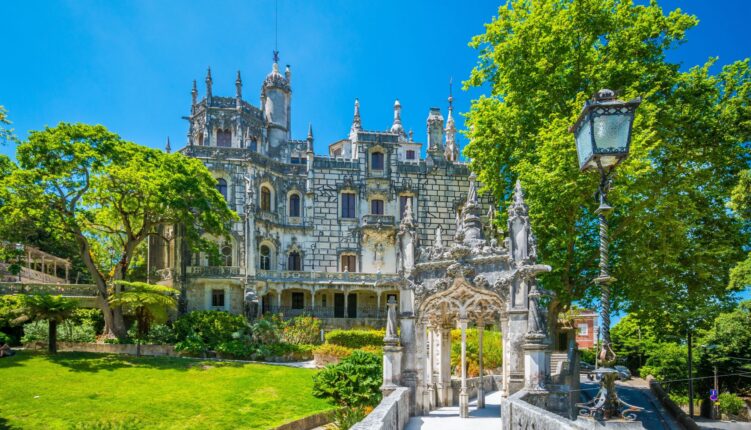Portugal, a land of breathtaking landscapes and rich history, is steeped in myths and legends that reflect its cultural tapestry. From ancient Celtic traditions to medieval tales, these stories reveal the imagination and beliefs of generations past.
The Legend of Dom Sebastião
One of Portugal’s most enduring legends is that of Dom Sebastião, the young king who vanished during the Battle of Alcácer Quibir in 1578. According to popular lore, Sebastião was not killed but survived and will return to lead Portugal to glory in its darkest hour. This belief gave rise to the term sebastianismo, a symbol of hope during periods of national struggle and remains a powerful narrative in Portuguese culture.
Coca: a ghost or a dragon
Depending where you live, Coca is a ghost or a dragon. The former is a creature who punishes disobedient children and parents would (and maybe still do) sing a song before their child goes to sleep to drive Coca away.
The dragon is depicted in different ways in different parts of Portugal. Invariably it fights for young maidens on Corpus Christi and is overcome.
In Brazil, the monster is called Cuca and is a witch with an alligator head and who also abducts children.
The Cockerel of Barcelos
The legend of the Cockerel of Barcelos (Galo de Barcelos) is another common story. A pilgrim, wrongly accused of theft, was sentenced to hang.
He pleaded his innocence, claiming that a cooked cockerel would crow to prove it. Miraculously, it crowed as predicted, sparing the man’s life.
Today, the cockerel is an iconic symbol of honesty and faith.
The Enchanted Moorish Maidens
Portuguese fairytales include stories about the Enchanted Moorish Maidens (mouras encantadas), who are said to guard treasures hidden in caves and wells and are thought to be of pre-Roman origin possibly from Celtic or Indo-European lore.
These maidens, cursed to remain in enchanted slumber, are said to appear at twilight, their beauty captivating but unattainable.
The Mysteries of Sintra
Sintra, with its lush forests and ancient palaces, is a hotspot for legends. The Cave of the Fairies is said to house ethereal beings who grant wishes to the pure of heart.
Similarly, the Quinta da Regaleira estate is surrounded by tales of secret societies and alchemy. Within its ground a well, that resembles an inverted tower, is called an Initiation Well and is said to have been built for clandestine ritualistic purposes.
The Miracle of Roses
Elizabeth of Aragon became Queen of Portugal and is now known as Queen Saint Elizabeth (Rainha Santa Isabel).
She was active in both politics and also in helping the poor and sick. Legend has it that her husband, King Diniz, forbade her to take alms and bread to the poor and threated to confine her should she continue.
She did not stop. One day, during winter, she was carrying pieces of bread hidden in her clothing. The King saw her leave and stopped her asked what she was carrying. She answered, “Roses, my lord.” He didn’t believe her as it was winter and so told her to show him the roses. Obediently she did, the bread had transformed into winter roses and with this miracle she was allowed to continue with her ministry.
These stories, passed down through generations, are more than folklore; they are, as in any culture, a part of Portugal’s identity and deep connection to its land and sea, blending the lines between history and imagination.


One thought on “Myths and Legends of Portugal”